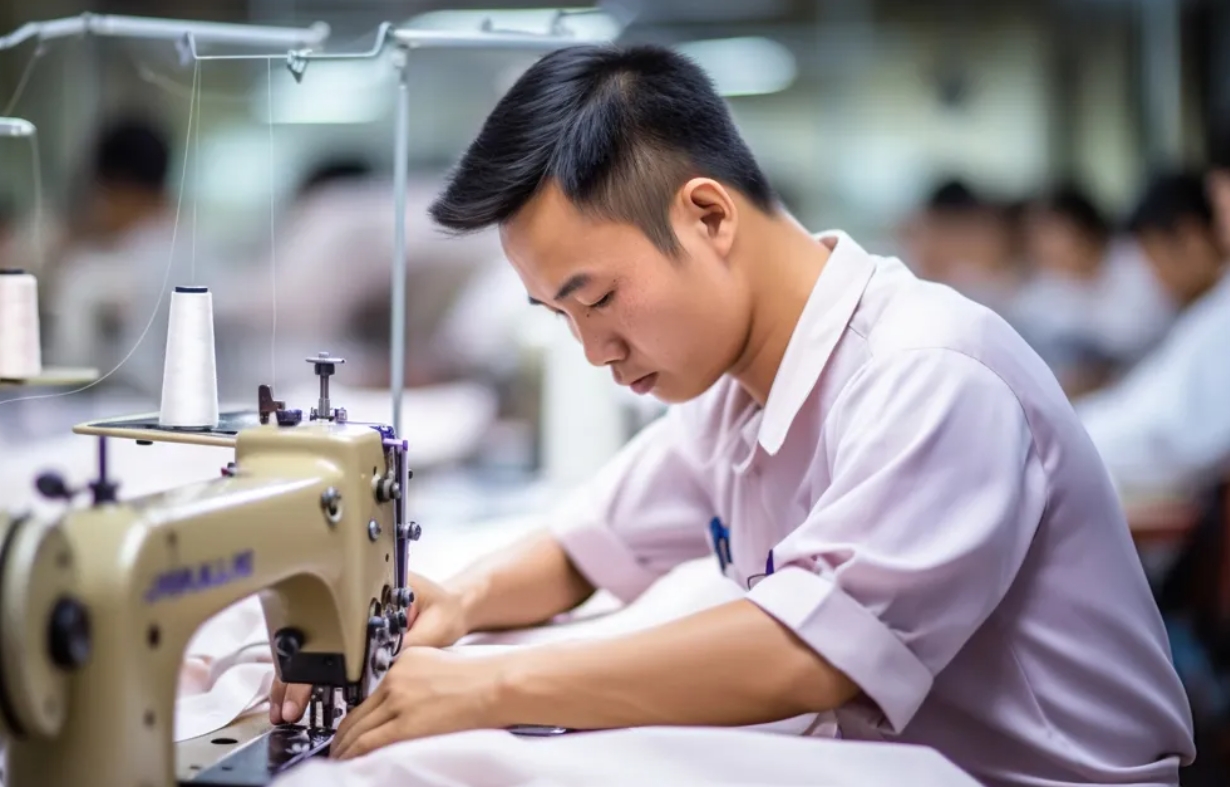Industry Trends
Vietnam export processing firms concerned over VAT amendment proposal
Source:China Sport ShowRelease time:16-Apr-2024Clicks:
Article From:fibre2fashion

A group of export processing enterprises has submitted a document to the government and relevant authorities, raising concerns about the proposed amendments to the Value-Added Tax (VAT) Law.
Particularly, they are apprehensive about the suggestion to eliminate the zero per cent VAT rate for services provided to non-tariff zones, export processing and revenue enterprises.
According to these enterprises, imposing VAT on exported services would inflate expenses, significantly increasing the cost of exported products and compromising their competitiveness against foreign counterparts.
Notably, major FDI export processing firms such as Samsung, LG, and Intel have also voiced worries regarding this issue.
The disparity arises from the absence of a tax refund mechanism for export processing enterprises, unlike domestic enterprises producing exported goods. This discrepancy in tax treatment could reportedly create inequality between export processing enterprises and their domestic counterparts.
Representatives from business associations, including the Japanese Business Association in Vietnam (JCCI) and the Korean Business Association in Vietnam (Kocham), emphasised the pivotal role of export processing enterprises in Vietnam’s economic growth even as they stressed the importance of maintaining competitive conditions to foster export growth and strengthen supply chains.
Tax consulting units have also expressed reservations, highlighting potential adverse impacts on export processing enterprises’ cash flow and profitability due to increased VAT expenses.
Experts have called for thorough examination to ensure the proposed amendments align with both tax management principles and business operational costs.
Meanwhile, Deloitte Vietnam reportedly recommended careful evaluation by the National Assembly Standing Committee to mitigate disruptions to enterprise investment and operations while fostering socio-economic
©2008-2023 CHINA SPORT SHOW, All Rights Reserved(京ICP备05083596号-2)



